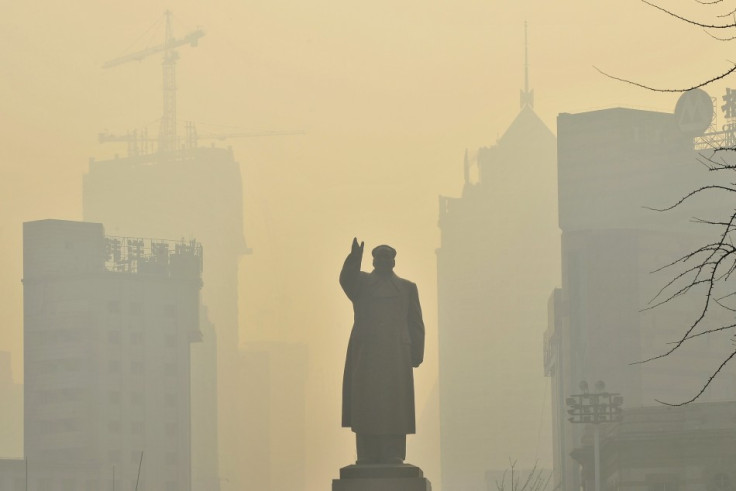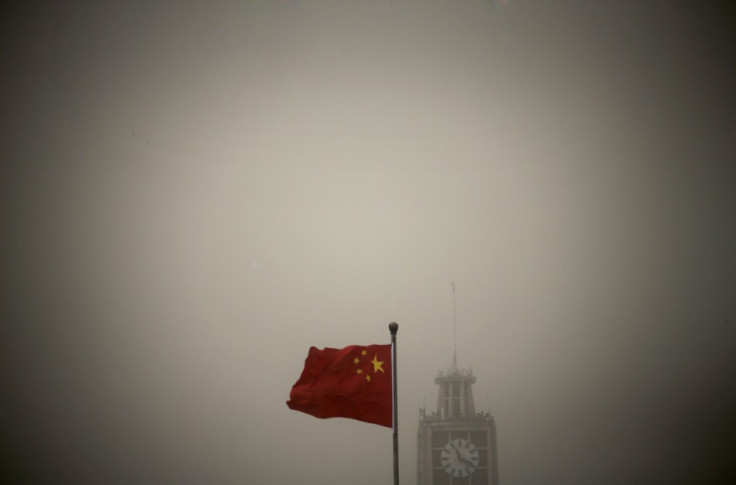Chinese Cooking to Blame for Beijing Air Pollution

A Beijing official has said Chinese cooking is to blame for the city's air pollution problem.
China's Xinhua news agency reports that Zhao Huimin, director with the Beijing Foreign Affairs Office, said the capital's pollution was, in part, caused by people cooking during a TV interview.
He said the government plans to launch eight measures to curb pollution and improve air quality ahead of next year's Asia-Pacific Economic Cooperation Summit.
Zhao said the measures include shutting down factories and restrictions on the public.
Beijing currently has a high atmospheric particulate matter level, meaning a high percentage of particles in the area are smaller than 2.5 micrometres (PM2.5), which can affect lungs and other organs.
Its current Air Quality score is 274, which is categorised as "very unhealthy".

Zhao told Dragon TV: "Chinese cooking habits also contributed to PM2.5 density. We hope citizens cooperate with us to clean the air."
A recent study published in the American Chemical Society's journal Environmental Science and Technology said 80% of the soot found in East Asia's atmosphere came from traffic and cooking with fossil fuels such as coal briquettes on home cooking stoves.
However Zhao's comments received a backlash from the public, with many venting their frustration online. Some asked if Zhao was suggesting Chinese cooking would be banned during the Apec summit, while others mocked the official for the impractical suggestion.
Users asked if a lottery system would be set up, as it was for car use during the 2008 Olympic Games, when families were only allowed to cook on odd or even-numbered days.
His comments come as Beijing reopens its airports and roads after heavy smog led to closures across the city.
In some parts of the city, visibility dropped to less than 500m last weekend. The smog hit during one of the peak times for travel in China - the holiday known as Golden Week, where hundreds of millions of people go away for a break.
© Copyright IBTimes 2025. All rights reserved.





















